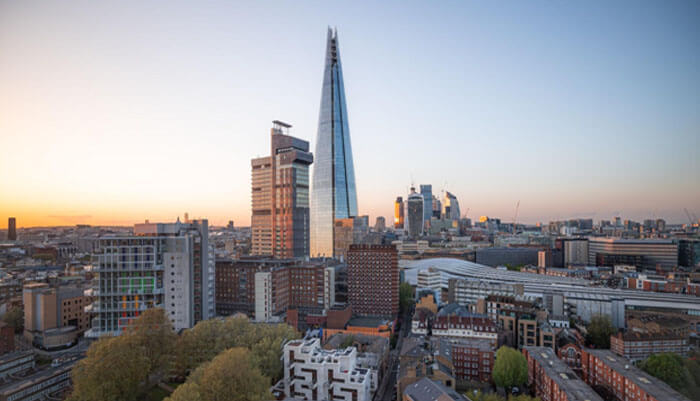Commercial redevelopment projects of real estate are either full demolition and rebuilding developments or they involve large-scale repairs in a pre-built commercial building.
Both project types are incredibly expensive, but you can reduce your costs and stay on budget by doing the following.
1. Prepare for Your Commercial Construction
The toughest part of any real estate project is learning how to manage pre-development expenses. There are so many moving pieces, and key players may drop out at the last minute. When you have ever-evolving costs, consider using a software solution to keep track of it all.
For example, Northspyre does away with traditional spreadsheets. Using algorithms, data, and the cloud, pre-development software increases visibility and removes budget discrepancies and errors. If you can make key decisions faster, you’ll improve your project’s speed to market.
This reduces the overall cost of your projects, but you can go even further by:
● Planning the Space
The design and planning portion of the project should start first. Start your space planning by creating market surveys, test fits, construction decisions, and financial analyses. Start the permitting process now so you don’t experience delays.
● Choose the Right Construction Company
Your project will need a team of vendors, contractors, specialty tradespeople, and consultants. Start researching candidates, but don’t always go for the cheapest bid. Go for a mid-range bid with a high-value company.
● Research the Market
The construction economy has changed significantly in the last 10 years, and you may overlook certain expenses if your knowledge is out of date. For example, labor supply can impact the cost of a build-out and affect your deadline.
Finding and hiring a dedicated project manager for these tasks is a great idea, even if your project is small. A project manager will keep you organized and help manage your budget.
2. Use Value Engineering to Reduce Costs
Value engineering is when a company finds an alternative solution to achieve the same effect. For example, instead of installing a real hardwood floor, you could use laminate wood flooring to still get the same look of a solid hardwood floor, but at half the cost, including maintenance.
When assessing how your building will look, focus the most money on client-facing rooms. For example, your mailroom won’t be seen by customers, so you won’t be needing that Persian rug.
If you have a heart set on something, like an art wall or a set of light fixtures, think of ways you can reduce costs without losing the quality. Estate sales, online auction houses, building reuse centers, and demolition listings may have materials you can use as-is or with a bit of repair.
If you’re using the building’s skeleton, then it’s even easier to engineer your materials.
3. Hire an Experienced Project Manager
Project managers can provide endless value to your commercial real estate projects. If you’re a new developer or you have no interest in admin, you can hire a project manager to deal with the more tedious aspects of the project, such as planning, designing, budgeting, and management.
Your time is important, and you probably want to spend it on your business goals. Delegating construction management tasks to another employee is the best option for busy developers.
The right project manager will have vital information and strong relationships with contractors, consultants, vendors, and engineers. Instead of spending time vetting these professionals yourself, your project manager will already have a list of trusted contacts you can utilize.
Plus, an experienced project manager will help you stay on top of your budget. They’ll inform you if you’re overspending or whether you need to adjust your spending to reach your goals.



